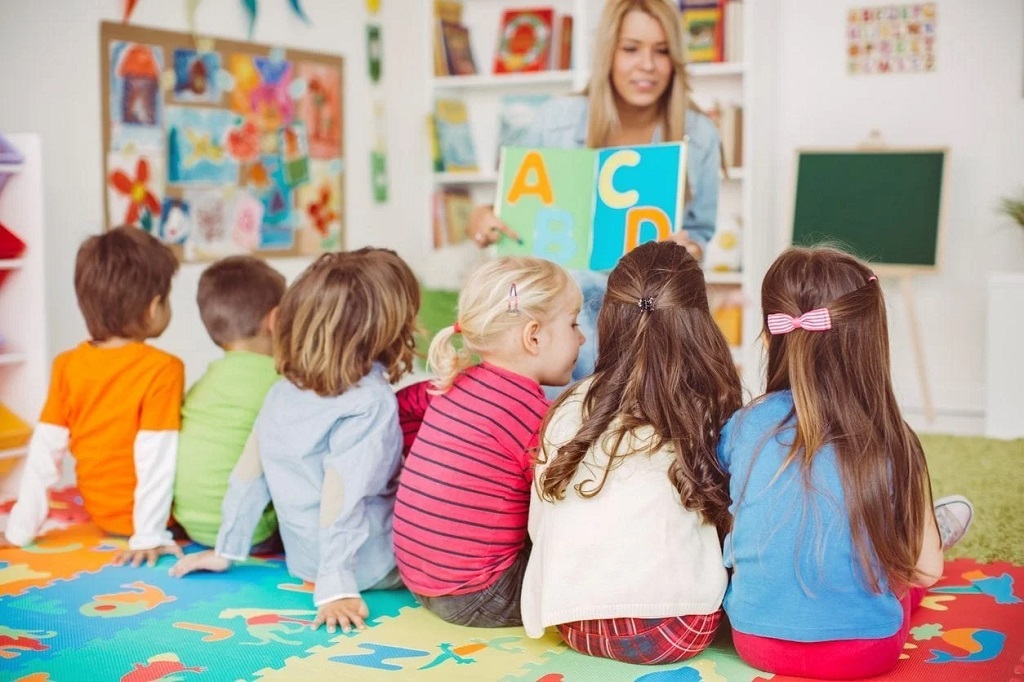The cornerstone of a child’s intellectual and social development often begins in a quality preschool’s vibrant classrooms and play spaces. In these environments, young learners discover the joy of exploration and the pleasure of acquiring new skills. Parents eager to give their children the best start in life face the challenge of selecting the right preschool. This decision requires careful consideration of several critical factors, including educational philosophy, play, curriculum, learning environment, and more.
Understanding Educational Philosophies
Each preschool has a unique approach to education, informed by its overarching philosophy towards learning. Familiarizing oneself with the different pedagogies, such as the child-centered Montessori method, the play-based Reggio Emilia approach, or the Waldorf philosophy integrating arts and movement, helps discern which environment best caters to a child’s needs. Parents must consider whether a child would thrive in a structured environment or one that allows for more freedom. These philosophies reflect the learning environment and can influence a child’s lifelong approach to education and discovery.
The Role of Play in Early Education
Often misconstrued as mere entertainment, play is a critical aspect of learning in the early years. It is through play that children develop language skills, problem-solving abilities, and emotional intelligence. A Christian preschool program that balances structured and unstructured play encourages growth in various domains, including physical, social, emotional, and cognitive development. Experts, including those from the National Association for the Education of Young Children, highlight the critical role of play through their research, supporting it as a primary means of learning for young children.
Understanding these concepts is crucial when choosing a preschool, as they are the building blocks of a child’s future learning strategies.
Curriculum and Learning Outcomes
Absolute foundations of literacy and numeracy are often expected educational outcomes of any preschool program, but the approach to achieving these skills can vary significantly. A curriculum that engages children in an active learning process and incorporates elements of Science, Technology, Engineering, Arts, and Mathematics (STEAM) from an early age fosters creativity and analytical thinking. Such programs cater to various interests and learning styles, proposing an all-encompassing foundation for further education.
The Learning Environment
An optimal learning environment extends beyond the physical walls of a classroom. It is an atmosphere stimulating a child’s natural curiosity and learning eagerness. Preschools should offer a variety of materials and resources for children to explore, with spaces thoughtfully designed to be safe, inclusive, and conducive to both group activities and individual learning. Outdoor play areas should stimulate cognitive and physical development, thus providing a well-rounded education that taps into preschoolers’ boundless energy.
Teacher Qualifications and Student-Teacher Ratio
Preschool teachers’ qualifications and experience are indispensable in shaping children’s educational experiences. Qualified educators can adeptly tailor their teaching methods to the varied needs of young learners, creating an inclusive, nurturing environment. Furthermore, an optimal student-teacher ratio ensures personalized attention, critical for early childhood development. This close attention facilitates understanding each child’s learning style and pace, essential in these early stages of education.
Family Engagement and Community Involvement
Parents and guardians are the first educators in a child’s life, and their involvement in the early education process is irreplaceable. A preschool that fosters a partnership with families can significantly influence a child’s comfort, continuity of learning, and positive attitude toward school. Community events, regular communication streams, and transparency in educational goals create an inclusive atmosphere that fosters trust and supports the learning process.
Safety and Wellbeing
Ensuring the safety and wellbeing of children is a top priority for any educational institution—none more so than in a preschool setting, where young children are especially vulnerable. Parents should inquire about the safety measures, including staff training in emergency procedures, on-site security, and cleanliness standards. Alongside safety, the physical wellbeing of children through nutritional plans and regular physical activities also takes precedence, crafting a holistic approach to their overall development.
Assessing School Readiness
As preschoolers approach kindergarten, they must recognize whether they have the social, emotional, and cognitive skills needed to thrive in a more structured school setting. Identifying developmental milestones can help families and educators determine whether children are ready for this transition—information for this assessment.
Questions to Ask During a Preschool Visit
Nothing compares to observing a preschool in action. Taking the opportunity to visit can provide insights into the daily routines and teaching methods employed. Asking pointed questions about the educator’s credentials, the curriculum’s adaptability to different learning styles, conflict resolution methods, and routines helps parents understand the preschool environment. Such visits can also offer a glimpse into the children’s happiness and engagement, an excellent indicator of the preschool’s atmosphere.
The Financial Aspect of Preschool Education
Quality early childhood education is undeniably an investment—one whose returns are measured in personal growth and academic success. While cost can be a factor in the decision-making process, it’s crucial to balance it against the value of the educational foundation laid. Many preschools offer financial assistance programs, scholarships, or sliding-scale tuition fees to make education accessible to a broader community. Finding the right preschool is a journey that encompasses a breadth of considerations, from pedagogical approaches and curriculum to safety and financial planning. With research and careful thought, parents can confidently select a preschool that aligns with their values and expectations and serves as a stepping stone to a lifetime of learning for their child.




